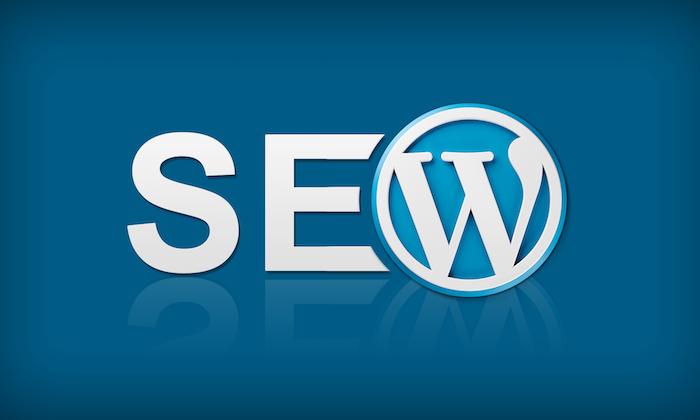Drupal is a powerful and flexible content management system (CMS), known for its scalability and robust set of features. It is a popular choice for large enterprises and government organizations, offering a highly customizable platform that can handle complex content organization and data management.
However, like any platform, Drupal has its pros and cons. Here are some of the key advantages and disadvantages of using Drupal for your website.
Pros:
Flexibility and scalability: Drupal is a highly flexible and scalable platform, allowing for complex content organization and data management. It is suitable for large-scale websites with a large amount of content and data, and can handle multiple languages and users.
Customization options: Drupal offers a high level of customization, allowing you to tailor your website to your specific needs and goals. It offers a range of themes and modules that can be used to add additional functionality to your website, such as social media integration or e-commerce capabilities.
Robust security: Drupal is known for its strong security features, making it a good choice for websites that handle sensitive information or require a high level of security. It offers regular updates and security patches to protect against potential threats, as well as a range of modules that can enhance your website's security.
Community support: Drupal has a large and active community of users, developers, and support staff. This means that there is a wealth of resources and support available if you encounter any problems or have questions about using the platform.
Cons:
Steep learning curve: Drupal is a powerful and complex platform, which can require a significant amount of technical knowledge and expertise to manage. It may not be suitable for beginners or those with limited technical skills, as it can take time to learn and master.
Limited themes and modules: While Drupal offers a high level of customization, the number of available themes and modules is limited compared to other platforms, such as WordPress. This can make it more difficult to find the specific features and functionality you are looking for.
Compatibility issues: Drupal is constantly evolving, with new versions and updates being released regularly. This can sometimes cause compatibility issues with older themes and modules, which may require updating or replacing.
Performance issues: Drupal websites can be resource-intensive, especially if you have a large amount of content or use a lot of modules. This can lead to performance issues, such as slow loading times or downtime, which can impact the user experience and your search engine rankings.
Overall, Drupal offers a range of advantages, from its flexibility and scalability to its customization options and strong security features. However, it also has its limitations, such as a steep learning curve and compatibility issues. It is important to carefully consider the pros and cons of using Drupal for your website before making a decision.






